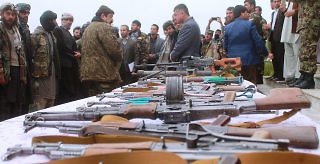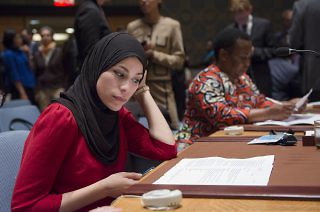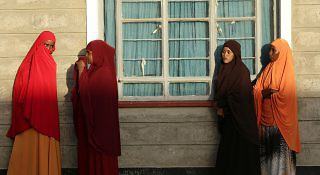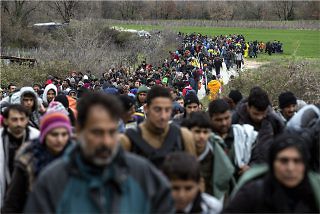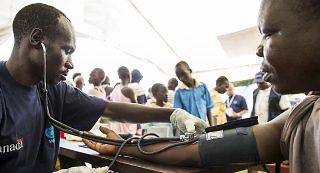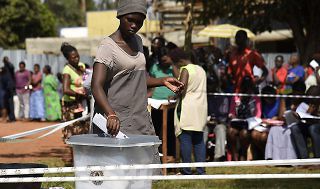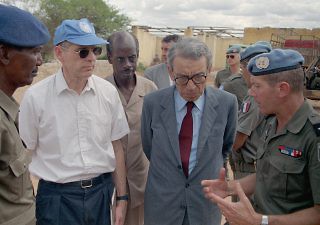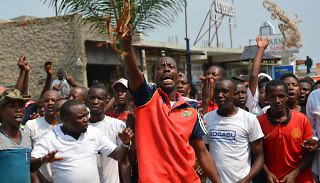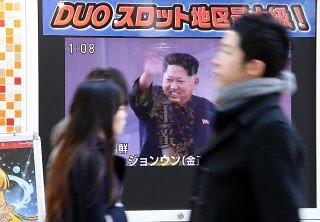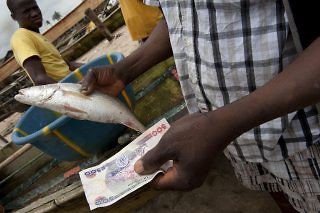Daisaku Higashi, Associate Professor at the University of Sophia, discusses lessons from Afghanistan for the design of peace and political transition processes.
Author: Maureen Quinn
-
-
Alaa Murabit, Founding President of the Voice of Libyan Women, discusses the challenges facing youth, and young women in particular, and how the multilateral system can respond.
-
New book City of Thorns details the lives of nine individuals in Dadaab, the world’s largest refugee complex.
-
With the first ever World Humanitarian Summit approaching in May in Istanbul, can the Secretary-General help shape the global humanitarian agenda?
-
Ilona Kickbusch, Director of the Global Health Programme at the Graduate Institute of International and Development Studies in Geneva, discusses the need for a holistic approach to tackling global public health challenges.
-
While the election will likely serve as a platform for the long-standing rivalry between Museveni and Besigye, the impact of Mbabazi should not be underestimated.
-
Boutros-Ghali’s downfall led to the appointment of Kofi Annan as the seventh secretary-general. Annan served two terms and took on a major leadership role, denouncing the international failure to prevent genocide in Rwanda and also the UN’s role in Srebrenica during the Bosnian war.
-
On December 21st, Burundi’s parliament unanimously rejected the proposed AU peacekeeping force.
-
Already this week, Japan and South Korea have imposed new sanctions, while the United States has now passed “secondary sanctions” legislation, potentially targeting third parties such as Chinese firms doing business with North Korea.
-
Historically low oil prices present a challenge to a country that derives more than 70% of revenue from oil, but there could also be an opportunity for Nigeria to achieve its long-sought and much-needed economic diversification.
